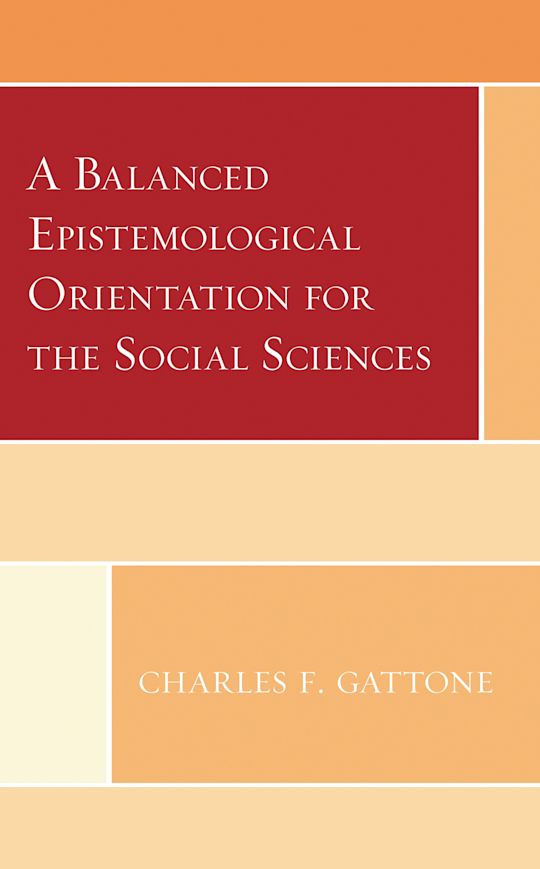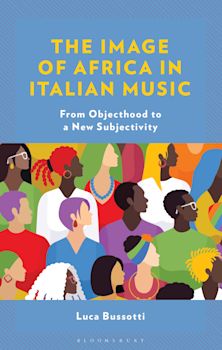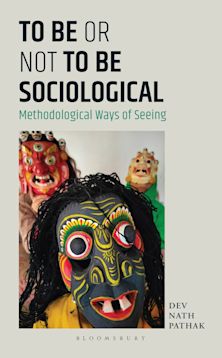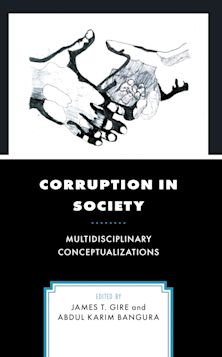A Balanced Epistemological Orientation for the Social Sciences
A Balanced Epistemological Orientation for the Social Sciences
This product is usually dispatched within 3 days
- Delivery and returns info
-
Free US delivery on orders $35 or over
Description
A Balanced Epistemological Orientation for the Social Sciences challenges social researchers to rethink the epistemological assumptions grounding their work. It reviews the strengths and weaknesses of four salient epistemological orientations in the field – positivism, relativism, interpretivism, and intersubjectivism – to identify the characteristics of a theoretically-informed epistemology for social science. Relying on such an epistemology means seeking a deeper understanding of the social world without losing sight of the constructed nature of one’s conceptual frames. It involves adopting a reflexive position with regard to the norms and traditions in one’s area of specialization and in the field as a whole. Epistemologically-balanced social research is neither the dispassionate gathering of factual information, nor the elaboration of universal assessments formed on the basis of armchair speculation. It involves engaging in inquiry in an independent manner and being aware of the perspectival character of the claims being made in the attempt to shed new light on social phenomena. The caliber of social science can be elevated when researchers recognize the symbolic nature of their work and the significance of their conclusions in the larger social order.
Table of Contents
1: Positivism: Cutting Through the Myths
2: Relativism: Truth in the Eye of the Beholder
3: Interpretivism: Finding Meaning in Everyday Life
4: Intersubjectivism: The Quest for Common Ground
5: A Balanced Epistemological Orientation for the Social Sciences
Bibliography
Product details
| Published | Mar 12 2024 |
|---|---|
| Format | Paperback |
| Edition | 1st |
| Extent | 142 |
| ISBN | 9781793631466 |
| Imprint | Lexington Books |
| Dimensions | 9 x 6 inches |
| Publisher | Bloomsbury Publishing |
Reviews

ONLINE RESOURCES
Bloomsbury Collections
This book is available on Bloomsbury Collections where your library has access.


































